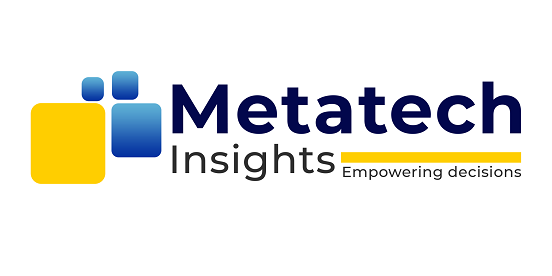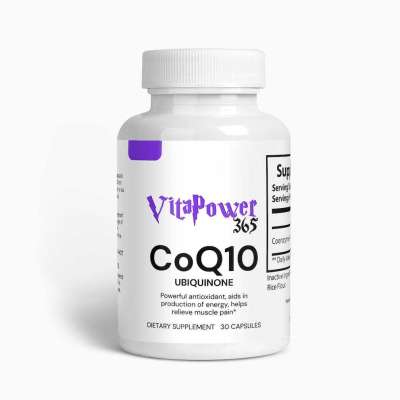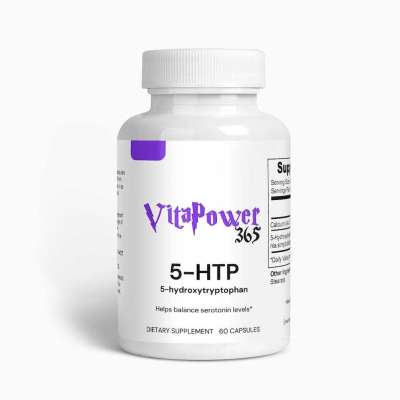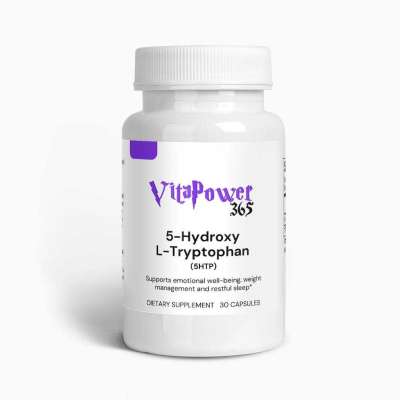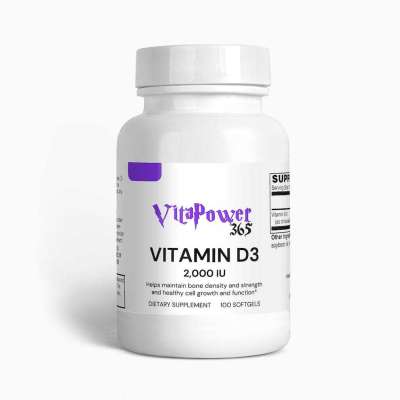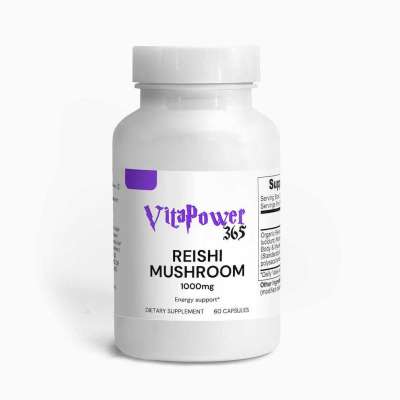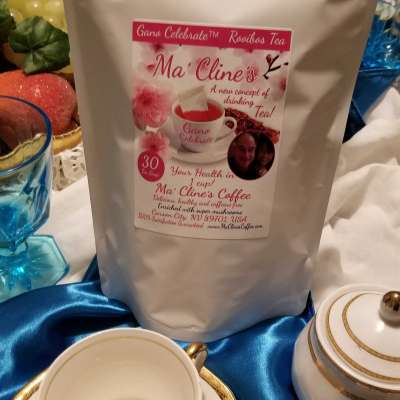Smart Aging Market 2025 Witnesses Rapid Tech Adoption for Elderly Wellness and Independence
The global market for smart aging technologies is experiencing accelerated growth as aging populations increasingly embrace connected solutions for health, safety, and lifestyle management. In 2024, the smart aging market was valued at USD 45.8 billion and is projected to reach nearly USD 120.6 billion by 2035, expanding at a compound annual growth rate of approximately 9.2% between 2025 and 2035. This surge is driven by rising healthcare needs among seniors, the shift toward independent aging, and rapid integration of digital tools like AI, IoT, and wearable tech. Smart aging innovations now extend far beyond traditional medical support, including everything from intelligent home systems to voice-enabled assistants, helping older adults live longer, healthier, and safer lives in their own homes.
Request Sample-https://www.metatechinsights.c....om/request-sample/11
Market Segmentation
Smart aging refers to the use of advanced technologies that support healthy and independent living among the elderly. The market is segmented by product types, such as health monitoring devices, mobility aids, and communication tools; by technology, including AI, IoT, and home automation; and by end-use applications like home care, assisted living facilities, and hospitals. With global life expectancy rising and the senior population projected to reach over 2.1 billion by 2050, the demand for personalized, remote, and automated care solutions is soaring. Untapped opportunities lie in emerging markets and rural areas where aging infrastructure and limited access to care make smart aging technologies even more critical.
Market Drivers Accelerating Growth
The market is driven by two primary forces. First, the increasing global elderly population, with the UN estimating that individuals aged 65 and above will make up 16% of the global population by 2050, is fueling demand for personalized healthcare and safety solutions. Second, the rise in age-related chronic conditions like dementia, cardiovascular diseases, and arthritis has sparked the adoption of wearable monitoring tools and remote healthcare systems that enable proactive care and reduce hospital readmissions.
Health Monitoring Devices by Product Type
Among the various segments, health monitoring devices dominate due to their essential role in tracking vital signs, medication adherence, and early symptom detection. The demand for smartwatches, biosensors, and portable ECG monitors is climbing as seniors and caregivers prioritize tools that provide real-time data and alerts. These devices empower elderly users with greater control over their health and reduce the burden on care providers.
Full Report-https://www.metatechinsights.c....om/industry-insights
Home Automation Systems by Technology
Home automation technologies such as smart lighting, automated thermostats, fall detection systems, and voice-controlled assistants have become indispensable in smart aging environments. The ability to control home functions via smartphones or voice commands enhances comfort and safety for elderly individuals, especially those with mobility or cognitive challenges. As the integration of AI and IoT continues to improve, home automation is expected to be one of the fastest-growing segments of the smart aging market.
North America Smart Aging Market Analysis
North America remains the leading region for smart aging solutions due to its advanced healthcare infrastructure, high technology adoption rate, and growing elderly population. Government funding for elder care programs, strong insurance coverage, and the presence of major tech companies are key factors driving regional growth. Additionally, the U.S. sees a high demand for remote health monitoring, elder care robots, and telemedicine platforms tailored for aging populations.
Buy now-https://www.metatechinsights.com/checkout/1144
Competitive Landscape and Key Players
The global smart aging market is highly competitive, with both tech giants and healthcare innovators investing in intelligent elder care solutions. Leading players include Philips Healthcare, Samsung Electronics, Omron Corporation, Tunstall Healthcare, IBM Corporation, Reemo Health, Honeywell, GreatCall, BeClose, and Medical Guardian. Companies are leveraging strategies like partnerships, AI-enabled product launches, and regional expansions to gain an edge. The competitive landscape is shaped by innovations in AI-assisted care systems, voice-controlled health platforms, and wearable devices for senior safety.
पसंद करना
टिप्पणी
शेयर करना
